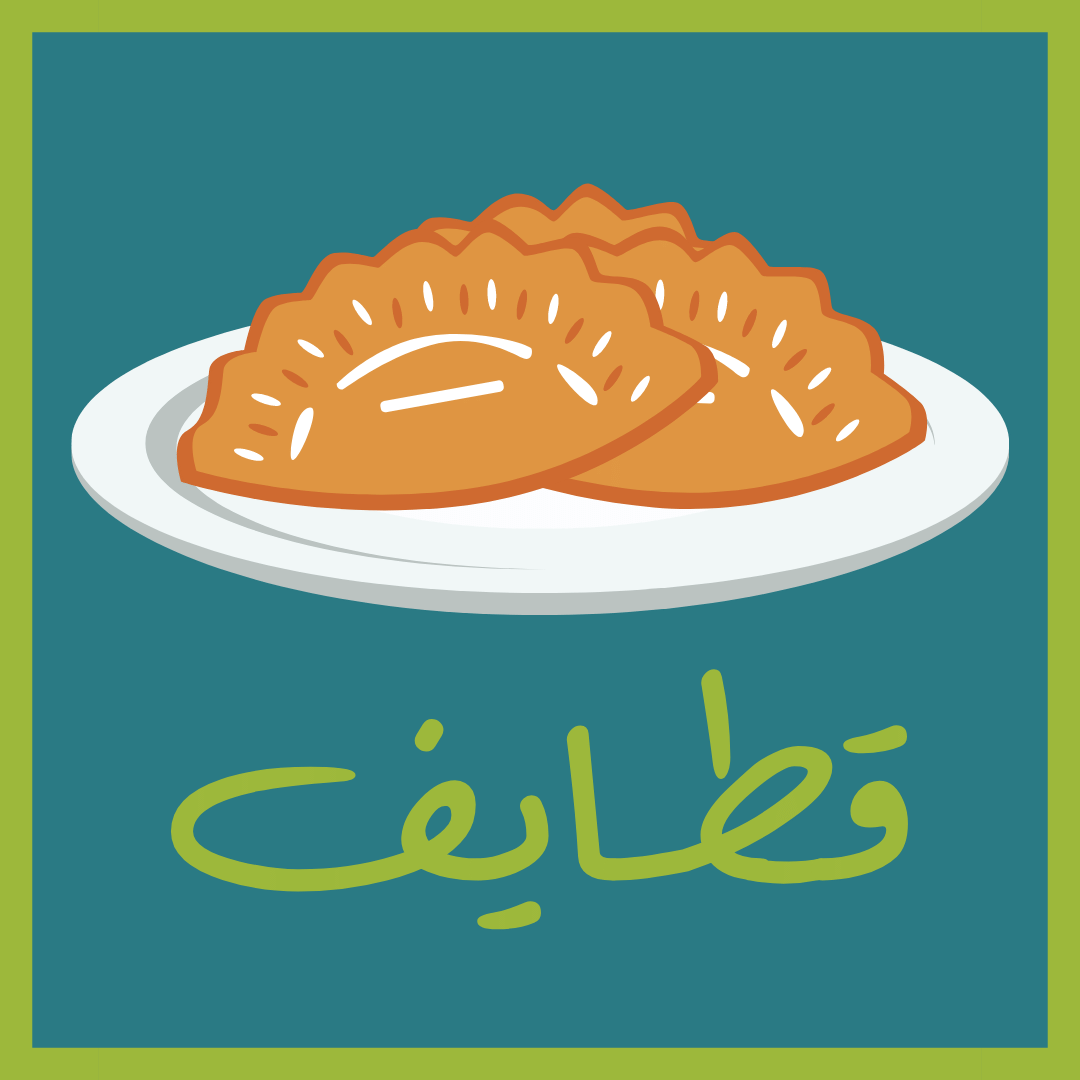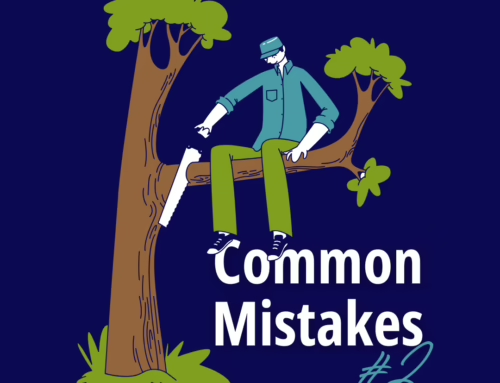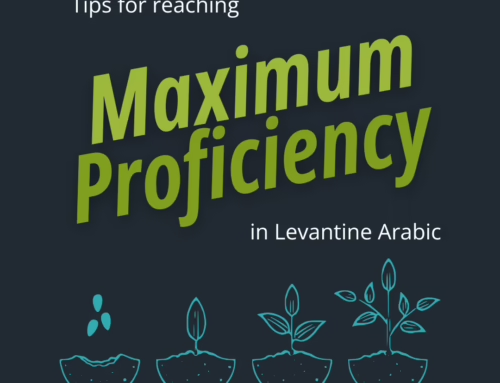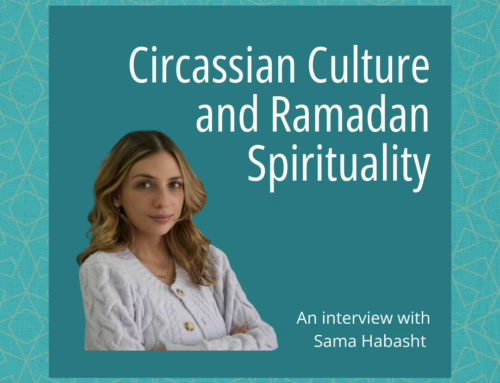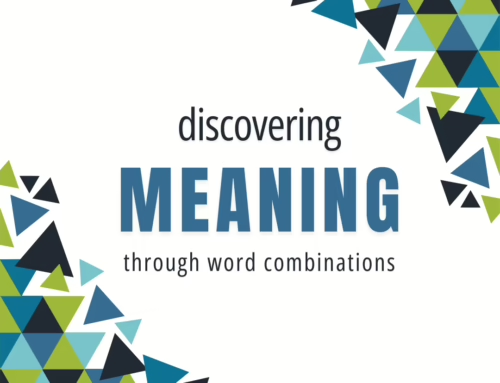Introducing Nour
Jennifer: Welcome, listeners. We are recording today here in Amman, Jordan. I’m with a new guest, Nour. Nour, tell us a little bit about yourself.
Nour: Hello, my name is Nour. Thanks for having me. I’m 29 years old and I’m Jordanian, Palestinian originally. I’m living here in Jordan with my husband now. I’m so happy to record this podcast with you about this beautiful time. ان شاء الله خير.
Jennifer: You’re newly married. How many months have you been married now?
Nour: Almost seven months.
Jennifer: مَبْروك
Nour: الله يبارك فيك
Repairing your relationship with God and yourself
Jennifer: Okay, so it is the 11th day of Ramadan. Tell us a little bit about what’s happening here in Jordan during this special month.
Nour: This is a very, very special month for us. We love this time of every year. Actually, every year we are waiting for this time because it’s a holy month and we want to do everything to fix our relationship with God. First of all, actually, in my perspective, you need to fix your relationship with yourself because it’s time to feed your soul and to get closer to your God. That’s the most important thing for me.
So because of that, Ramadan is a very important time for us. We have so many things to do. One of the beautiful things that we do in Ramadan is we gather together with our families, see our relatives, make sure that everyone is doing well. So, yes, this is the most beautiful thing.
Jennifer: [00:01:50] Tell me a little bit more about that. When you say you want to focus on your relationship with yourself and with God, what are ways or what are things that happen during this month that allow you to do that?
Nour: Oh, so many things, like prayer [صَلاة] and prayer, the دعاء. Also reading القرآن الكريم. You have time to do everything to get close to your God by praying… it’s like meditation. To ask your God about everything that you want. Tell him everything about what you feel, how you’re doing, and asking him everything. You will feel like comfortable to talk with him because he’s the only one that he knows everything about you, right?
So because of that, when you pray and when you read the Qur’an and at the same time you’re fasting, you don’t eat, you don’t drink anything, this is a beautiful thing because you’re doing things to get close to him to fix your relationship with him. So after that, you will feel at peace inside of you because you’re fixing your relationship with yourself also. When you’re doing good things, you will feel more comfortable with yourself. For sure we have so many mistakes in our life and it’s normal. So this is the time to fix all of these things by praying, by reading Qur’an, by helping other people. That’s the most beautiful thing that we do in Ramadan. When you help someone by maybe giving them money or food or anything that you can do for them, you will feel happy because you can see the happiness on their faces, so you will feel it reflects on you. So that’s the most beautiful thing for me and I like to do it all the time, not only in Ramadan. But in Ramadan, you will see خير everywhere. So, yes, that’s perfect thing for me.
Jennifer: [00:04:12] For those of you listening who maybe don’t live in the Middle East, in Jordan and in other Islamic countries in the Middle East, we have a shorter work day. Sometimes the shorter day is what gives you more time so you can set aside a special time to have more prayer and reflection and reading the Qur’an.
There are a couple of words in Arabic, دعاء and صَلاة. Can you explain to us a little bit of the differences? They’re both communicating with God, but can you tell us what those exactly look like?
دعاء and صَلاة
Nour: Okay. Praying the صَلاة, it’s like steps that we do when we pray. And during this صَلاة or during this prayer, we also asking our God everything that we want. So this is the دعاء. And not just for ourselves, for our families, for everyone that we love, for everything, for our country, for all people, for everyone. We can ask anything. So this is this is the دعاء. And you will feel when you ask your God something, you will feel something very special; that you are special and you can ask him everything you want. The difference between prayer دعاء and صَلاة, in صَلاة there are specific steps that we do in movements to do the صَلاة. And we do it five times every day.
Jennifer: So do you do دعاء during the صَلاة?
Nour: Yes. Anytime you can do the دعاء anytime in everywhere. But the صَلاة, there’s only five times you have to do it in your day. And there’s specific times like صلاة الفجر before the sunrise.
صلاة الظهر، صلاة العصر، صلاة المغرب
…at the sunset.
صلاة العشاء is the last صلاة or the last prayer that we do. We have five… خمس صلوات. We do it every day at a specific time and with specific movements. So this is the difference between the صلاة and دعاء.
Learning to fast during Ramadan
Jennifer: [00:06:27] Great. When was your first fast, When did you start fasting and how did that begin?
Nour: I think I started to fast when I was six years old maybe, or seven years old, something like that. Me and my brother, we were almost the same age. There is just one year between us. We were children and we were playing. My mom motivated us to fast and she wanted to teach us how to be patient and encourage us: “you can do it”, “you’re strong.” Something like that. “And you will get sweet if you fast.” So we started to fast, we say صومة العصفورة, maybe to the middle of the day. And after that we started to fast for all the day. It was very good and it was nice. And we felt so happy because we did it, we made it.
Jennifer: [00:07:32] That’s great. So, not everyone here in Jordan is Muslim. How do you feel the relationship is with the Christian population, especially during this month here in Jordan?
Nour: It’s very nice. Actually, I was raised in a neighborhood where all our neighbors were Christian. They were our friends also. They were, يعني. we were so close to each other. The key for this peace between us and them is respect. When you respect the other, regardless of their of their religion, regardless of their culture, regardless of anything… when you respect the other, it’s the most important thing.
It’s so nice because respecting one another is not just from our religion. It comes also from our culture. Here in Jordan, for sure, I have never had any anything negative happen. They respect us. They like this time, actually. Christian people here in Jordan like it because they can share with us their foods. They like passing dishes to us, saying, “تفضلوا، احنا طبخنا”, something like that. “We cooked something. We can share it with you. You can have it in your breakfast time.” Also, they can share with us the قطايف، الحلويات.
Also at the same time, we respect them when they are fasting and during the Christmas season. We like it. Me, as a Muslim, I like Christmas time. So because of that we have peace between us; we don’t have problems. الحمد لله.
Jennfier: [00:9:36] Yes, that’s another thing that makes Jordan great.
Tell us about those special foods during Ramadan. What are some of the favorite things that you have at mealtime when you break the fast?
Special foods served during Ramadan in Jordan
Nour: The most important thing for us is dates. We should begin with dates and water for sure. And سمبوسك. It’s a very special thing. It’s not just for Ramadan, but everybody makes سمبوسك during Ramadan.
Jennifer: [00:10:09] Can you describe what it’s like?
Nour: It’s like a dough. And inside of this dough we put white cheese or mashed potato or vegetables. It’s so tasty and delicious. And for sure, we we must have a soup, شوربة. It’s a very important thing because we are fasting and we didn’t drink enough water, so we need some liquid for our bodies.
Jennifer: Last night I was at إفطار with friends, and that’s the first thing we had was soup.
Nour: Yes. The first thing we have is soup, شوربة. And after that, anything you want, anything you can cook. We have مقلوبة، منسف, all our traditional foods. It’s so delicious and tasty and healthy for us. We can eat anything we want.
After the breakfast, after the إفطار, there is a special thing we only eat during Ramadan time: قطايف. It’s sweet. It’s so tasty also. And we only eat it in Ramadan.
Yes, that’s the special foods that we have in Ramadan.
Jennifer: The very first week during Ramadan my neighbors came and brought us a fresh plate of قطايف. It is a special thing. They only can get it during Ramadan. So that’s fun. What other kind of things do you want to share with our listeners about Ramadan? What else do you feel like is important for people to know?
Fasting is more than not eating or drinking
Nour: [00:11:51] Ramadan is fasting time, right? But it’s not fasting just from food and drink. There’s a very beautiful meaning of fasting. Fasting teaches you how to be patient, teaches you how to be committed… teaches you how to help people and to remind yourself always to help people, because everyone will need us. Everyone, everywhere, in any time, and anywhere there is someone who needs us, for sure. So this is the most important thing for me. And as I told you before, fixing your relationship with yourself is also very important because when you feel that you love yourself and you have peace with yourself, you will live a happier life, right? Because this is the time to fix your sins or mistakes and to reach the highest level of faith. It’s a very important thing.
And for sure, it’s a time to fix your relationship with others, like your friends. If you have problems before Ramadan with your friends or with your family members, your siblings like your brother, your sister, it’s a time to fix your relationship with everybody because it’s a time for forgiveness, right? And for mercy. So this is important thing for me also. So it’s a beautiful time for everything. You get benefit from everything during Ramadan,
Jennifer: That’s really beautiful. Well, I hope that all of our listeners, those who are fasting, those who are here in Jordan, that they experience all of those things that Nour described during Ramadan. It’s a really special month. Wouldn’t it be great if all of us took a whole month of every year and focused on knowing ourselves better and becoming a better version of ourselves and then reconciling with all the people around us, giving to people with low-income, and then focusing on our relationship with God.
So thanks for coming today. Thanks for talking with us.
Nour: [00:14:14] It was so nice. Thank you for having me.
Jennifer: [00:14:16] And again, in the show notes, we’ll put all of the words that came up in Arabic this week and we’ll see you next week.
This podcast episode transcript has been edited for grammar and ease of reading.
Arabic terms and phrases heard in this podcast episode
- مَبْروك
- الله يبارك فيك
- القرآن الكريم
- خير
- دعاء
- صَلاة
- (صلاة الفجر، صلاة الظهر، صلاة العصر، صلاة المغرب، صلاة العشاء)
- خمس صلوات
- صومة العصفورة
- تفضلوا، احنا طبخنا
- قطايف
- الحلويات
- الحمد لله
- سمبوسك
- شوربة
- إفطار
- مقلوبة
- منسف
- قطايف

